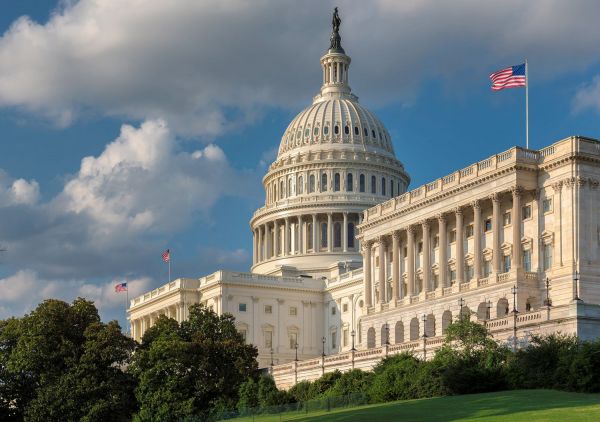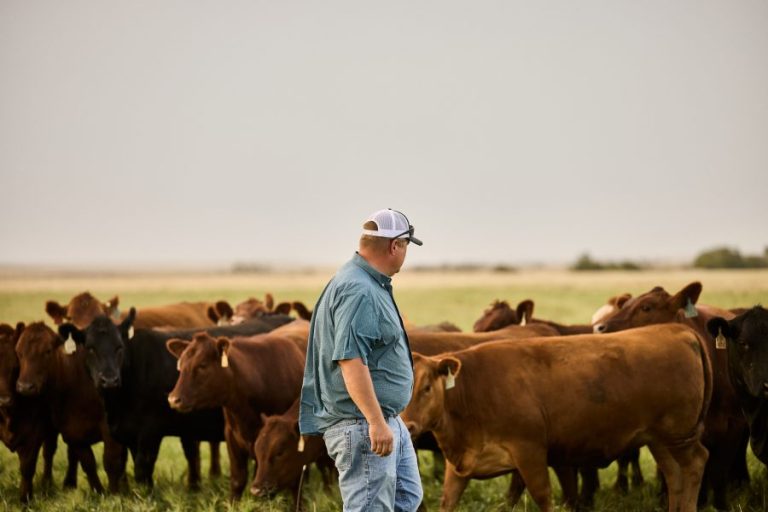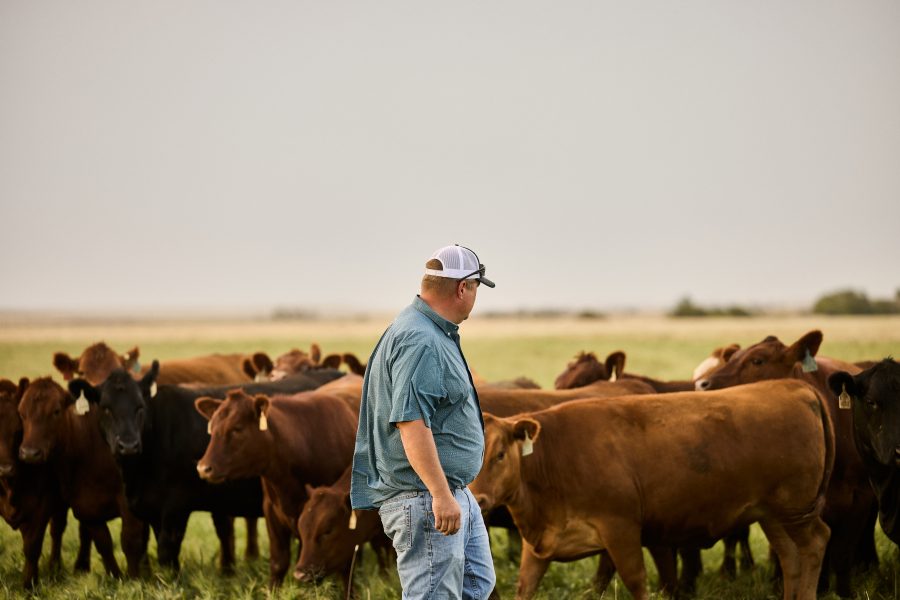WELLINGTON – New Zealand farmers recently gathered in towns and cities across the country to protest against the government’s plan to tax “agricultural emissions.” Reuters says the government confirmed plans to price agricultural gases and biogenic methane, which it says come from cow and sheep burps.
Farmers drove tractors and carried signs protesting the proposed plan. Farm groups wonder how the proposal accounts for on-farm forestry and what can offset such emissions. They also worry about how the emissions will be priced and how the program will be governed.
One of the protestors told state-owned Radio New Zealand that they aren’t necessarily wanting exemptions. The farmers want to work out how it’s going to be best for them and the country.
New Zealand’s prime minister told reporters they wanted feedback from the agricultural community, and the plan is in a consultation phase. The government wants to work with producers to find a solution.
The proposed plan on livestock emissions is intended to be introduced in 2025 and will make New Zealand the first country to have farmers pay for emissions from livestock.
New Zealand has about 10 million cattle and 26 million sheep. Nearly half its total greenhouse gas emissions come from agriculture, mainly methane, but agricultural emissions have previously been exempted from the country’s emissions tax.
New Zealand’s farming industry is vital to its economy. Dairy products, including those used to make infant formula in China, are the nation’s largest export earner.
There are just 5 million people in New Zealand but some 10 million beef and dairy cattle and 26 million sheep.
The outsized industry has made New Zealand unusual in that about half of its greenhouse gas emissions come from farms. Farm animals produce gasses that warm the planet, particularly methane from cattle burps and nitrous oxide from their urine.
The debate in New Zealand is part of a broader global reckoning about farming’s impact on the environment and the steps some say are needed for mitigation.
In the Netherlands, farmers have dumped hay bales on roads and driven tractors along busy highways to protest government proposals to slash emissions of damaging pollutants.
In New Zealand, the government has pledged to reduce greenhouse gas emissions and make the country carbon neutral by 2050. Part of that plan includes a pledge that it will reduce methane emissions from farm animals by 10% by 2030 and by up to 47% by 2050.
Under the government’s proposed plan, farmers would start to pay for emissions in 2025, with the pricing yet to be finalized.
Prime Minister Jacinda Ardern said all the money collected from the proposed farm levy would be put back into the industry to fund new technology, research and incentive payments for farmers.
“New Zealand’s farmers are set to be the first in the world to reduce agricultural emissions, positioning our biggest export market for the competitive advantage that brings in a world increasingly discerning about the provenance of their food,” Ardern said.
Agriculture Minister Damien O’Connor said it was an exciting opportunity for New Zealand and its farmers.
“Farmers are already experiencing the impact of climate change with more regular drought and flooding,” O’Connor said. “Taking the lead on agricultural emissions is both good for the environment and our economy.”












